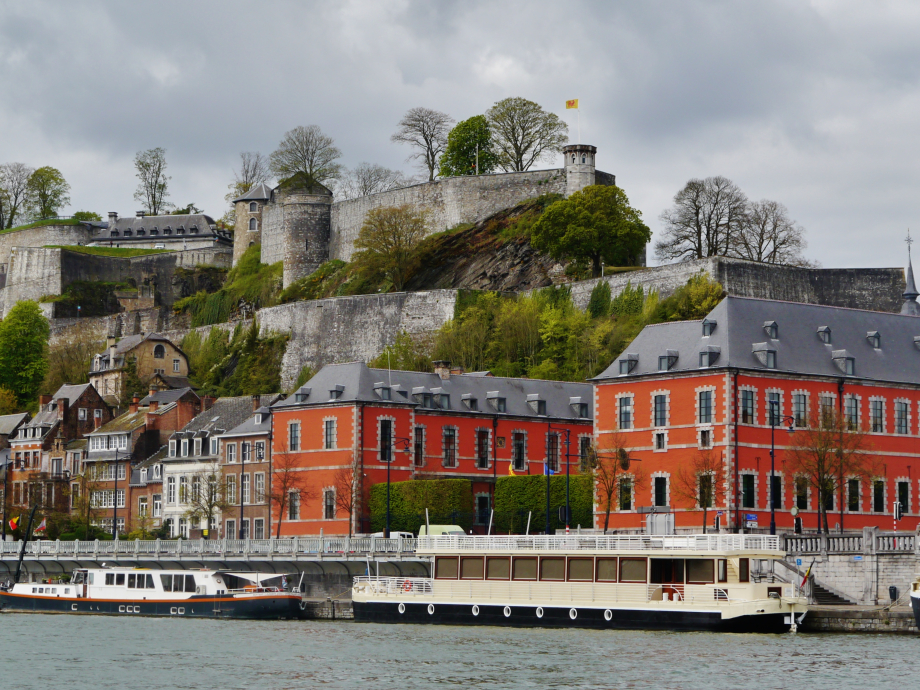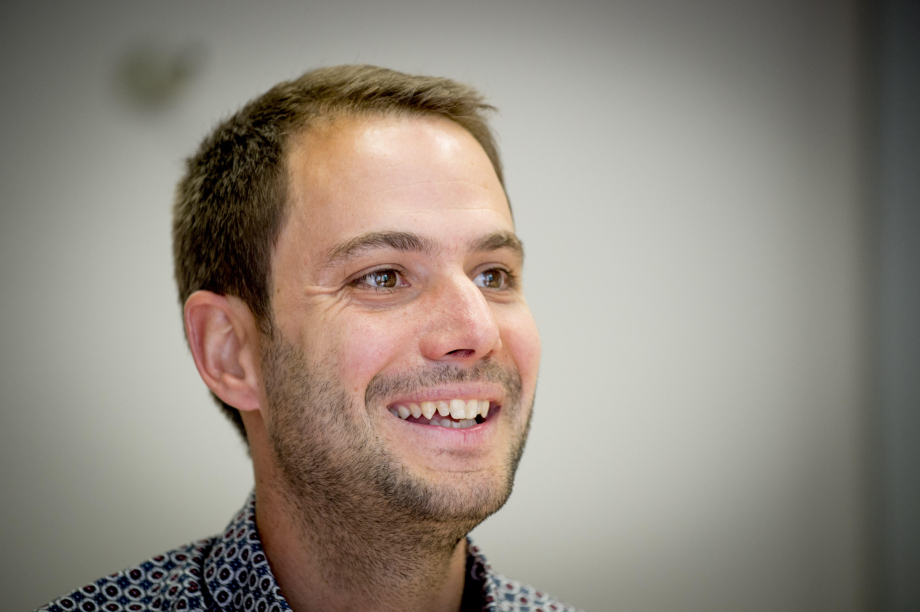Our foreign partners (5): Spiral from Wallonia
The Rathenau Instituut has been unique in the Netherlands for 35 years. Worldwide there are at least 24 other institutes that advise parliament and citizens on the possible societal consequences of technological developments. In the European Parliamentary Technology Assessment network (EPTA) they cooperate and try to learn from each other. Now that the Netherlands is EPTA chair for a year, we want to get to know some of these institutes better through a series of articles. In episode five: Pierre Delvenne of the Walloon Spiral.

In short:
- Our sister organisation in Belgium advises the Walloon parliament in Namur (Namen).
- Challenges for Wallonia: outdated industrial areas, abandonment of nuclear power, and floods.
- Spiral trains local administrators to deal with crises.
The nearest sister institute of the Rathenau Instituut is situated about 25 kilometres across the border in Belgium. Spiral is an institute for research and education of the University of Liège. It employs about 25 social scientists, mainly political scientists. Director Pierre Delvenne has been working there since 2006.
Why not focus on the parliament in Brussels?
‘Belgium is a decentralised country. Many of the subjects in the field of technology assessment have been transferred to the regions (gewesten) in recent years: Flanders, Wallonia and Brussels. Our federal government now only deals with nuclear matters, spatial planning policy, climate change and part of health care policy. Therefore, we mainly focus on that regional parliament.’
What is the most important issue in your country in terms of technology and society?
‘The use of technology in dealing with the corona pandemic. The government deployed resources with major consequences for people, for which there was often no legal basis. The government justified this by saying that it was an exceptional situation, but that exceptional situation lasted very long. Data was collected from citizens, drones were used to check how many people had gathered in a Brussels park. Citizens' privacy suffered greatly as a result, and constitutional rights were violated. Then, of course, there is the energy transition. In Belgium, this is linked to the government's ambition to phase out nuclear energy by 2025. It will have to be replaced by gas-powered plants.’
After the great flood here in August, we have to do more than rebuild, we have to build back better, to quote US President Biden.
And what are the societal challenges that will mark the coming decades in Wallonia?
‘We have to deal with the dismantling of the industrial infrastructure. These are obsolete chemical factories from the metal industry. They have to be demolished, sites have to be cleaned. In addition, of course, we had that great flood here in August. We now have to do more than rebuild, we have to build back better, to quote US President Biden. That requires coordination of, among others things, the construction sectors, land use planning and economic support to the affected municipalities.’
What does Spiral do about it?
‘We do not hold a formal position as an advisor to parliament. But we are included. The parliament is currently organising a public consultation on energy and climate, we help to select citizens and engage them in a meaningful way. Recently, we collaborated on a policy report about what went wrong with the flood. A colleague spoke about it in the hearing. In addition, twice a year we organise sessions for local administrators, police, and fire fighters on how to act in crisis situations such as terrorist attacks, but also floods. A few years ago, we organised TA lunches for members of parliament from all major parties on, for example, the future of our food. Of course, we also teach and do scientific research.’
Wouldn't you have preferred to be an advisory institute like many other EPTA members?
‘It is a pity that we do not have a parliamentary institute here that deals with technology assessment. There are so many important issues for which we could provide parliamentarians with knowledge. Flanders had such an institute, but it was disbanded in 2011. Here, we had advanced plans to establish such an institute. At first, the issue was whether the institute should focus only on Wallonia or on the entire French-speaking community, the Federation Wallonia-Brussels. When the ministers concerned were in agreement and there was a parliamentary majority, elections were held and many supporters did not return. The plans have now been but on the back burner.’
Compared to many other countries, the conditions in which we do research (so far) are less driven by quantified productivity indicators.
What can the Netherlands and Wallonia learn from each other?
‘I think the Netherlands has made more progress in terms of adapting to climate change. The Netherlands is at a lower altitude and has probably been taking measures to deal with high water for a long time. Here in Wallonia, we are good at logistics and biotechnology, two of our competitive clusters. It is also worth mentioning that, compared to many other countries, but also to Flanders, the conditions in which we do research (so far) are less driven by quantified productivity indicators. This leads many Flemish researchers to come to Wallonia to find a more qualitative working environment. But can we really learn from each other? I have just written a scientific article about how we in Europe can learn from each other when it comes to technology assessment. One of the conclusions is that it is difficult to successfully transfer good practices from one country to another.’
